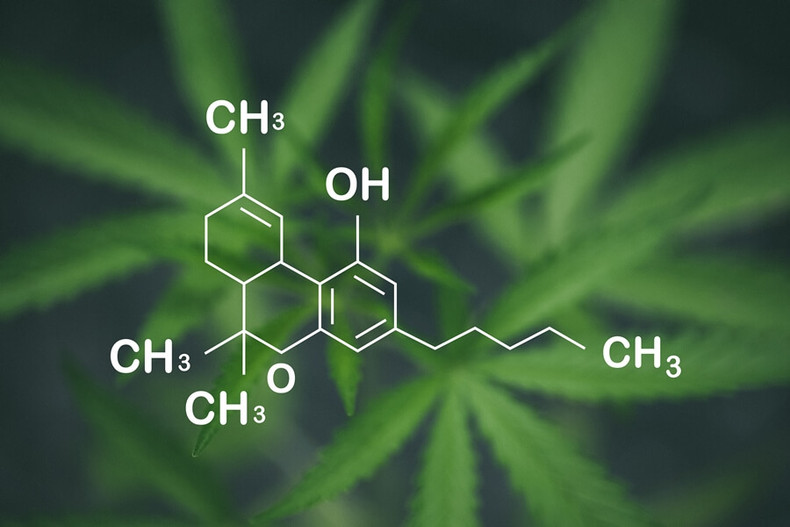THCA flower offers unique benefits compared to other cannabinoids, making it an attractive option for many users. Here's how it stands out:
Non-Psychoactive Nature
THCA, unlike THC, does not produce a high. This makes it ideal for individuals who want therapeutic benefits without psychoactive effects. Users can enjoy the medicinal properties without impairing their daily activities. This quality is especially beneficial for those who need to remain alert and functional.
Therapeutic Benefits
THCA is celebrated for its anti-inflammatory, neuroprotective, and anti-emetic properties. It helps alleviate conditions like arthritis, neurodegenerative diseases, and nausea. Research suggests it may also assist in reducing muscle spasms and pain. These benefits make it a versatile addition to holistic health routines.
Raw Consumption
THCA can be consumed in its raw form, retaining its natural benefits. This contrasts with THC, which requires decarboxylation (heating) to become psychoactive. Consuming THCA in juices or salads allows users to gain its benefits without altering its chemical structure. Raw consumption is favored by those seeking a more natural approach.
Synergistic Effects
THCA can work synergistically with other cannabinoids, enhancing overall therapeutic effects. This "entourage effect" offers comprehensive relief, leveraging multiple cannabinoids' benefits simultaneously. Combining THCA with CBD, for example, can provide balanced effects for pain and inflammation. This synergy makes it a powerful option in cannabinoid therapy.
Comparison With CBD
While both THCA and CBD are non-psychoactive, their benefits differ. CBD is well-known for its anti-anxiety and anti-seizure properties, making it a staple in mental health treatment. On the other hand, THCA focuses more on anti-inflammatory and neuroprotective effects. Choosing between them depends on individual health needs and therapeutic goals.



